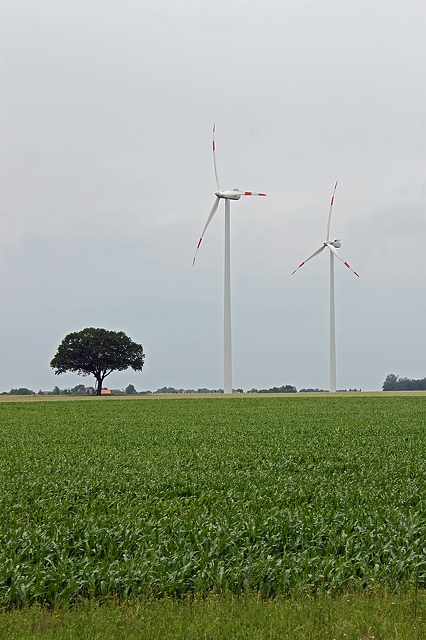
The Finnish Government has unveiled a new national climate and energy strategy, outlining the measures required to meet its climate and energy goals for 2030.
Finland has set itself the objective of raising the share of renewable energy of total energy consumption to a minimum of 50 per cent by the end of next decade and the long-term objective of establishing a completely carbon-neutral energy system based largely on renewable sources of energy.
The Government states in its newly-unveiled strategy that investment subsidies for renewable energy will be granted primarily to the effort-sharing sector, especially to the producers of advanced bio-fuels, and for the commercialisation of new technology. The use of side streams, and agricultural, industrial and municipal waste in the production of heat, electricity and transport fuels will similarly be promoted. The so-called feed-in tariffs for wind power, in turn, will be abolished in an attempt to ensure future projects are carried out on market terms.
A technology-neutral tendering procedure will be implemented to ensure electricity production subsidies are allocated only to the most cost-efficient and competitive investments in renewable energy production.
The energy-efficiency of the transport system will be improved by developing new transport services, promoting certain modes of travel and transport, and introducing smart transport solutions. The objective is to bring a minimum of 250,000 electric and 50,000 gas vehicles onto the country's roads by 2030.
The Government also reiterates its commitment to stopping the use of coal in energy production by the end of the next decade, acknowledging that the complete discontinuation of coal use will require a statutory prohibition or proactive tax steering.
Energy taxation, it says, will be revised to encourage the use of wood chips and other forest industry by-products in heat production and the co-generation of heat and electricity. The proposed subsidy scheme for wood chip electricity is a cost-efficient way to promote the use of wood chips, according to the press release.
The Government is confident that the growing domestic production of advanced transport bio-fuels will further encourage the use of wood chips and other forest industry by-products.
The proposed tax revisions were also designed to ensure peat remains a more competitive energy source than coal and other imported fossil fuels, but not more competitive than wood chips and other forest industry by-products.
The Government affirms that the requisite policy measures will be drafted in a way that takes into account the availability of forest biomass and its added value in various applications.
The national climate and energy strategy also bodes well for businesses involved in the production and use of bio-gas, with the central administration pledging to promote the proliferation of gas-powered vehicles and machines – by, for example, clarifying national provisions and permit procedures – and to continue its support to bio-gas producers.
Source: www.investinfinland.fi
Photo: absfreepic.com



 EUR 4.2718 zł
EUR 4.2718 zł USD 4.1512 zł
USD 4.1512 zł DKK 0.5727 zł
DKK 0.5727 zł SEK 0.3726 zł
SEK 0.3726 zł NOK 0.3644 zł
NOK 0.3644 zł